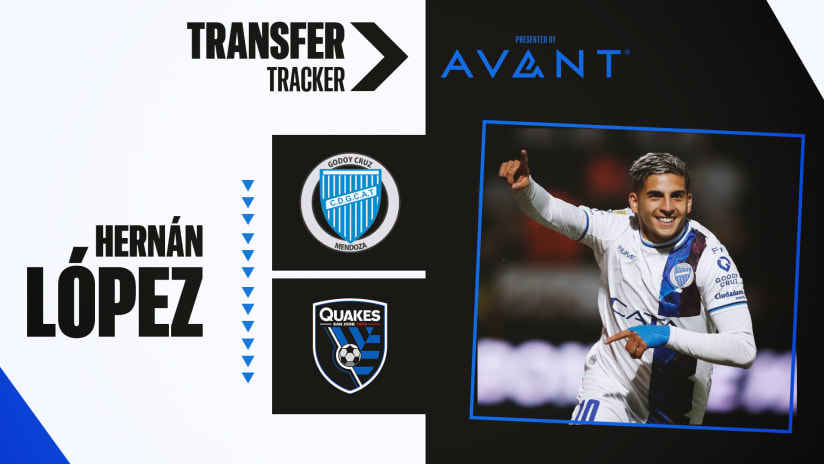All athletes that compete and train need to be aware of their body's extra need for essential nutrients and electrolytes. Providing the body with the key ingredients that it needs to function optimally before, during and after training or competition can make the difference between finishing a successful event and possibly suffering an injury.
Regardless of whether you are a participant in endurance sports, weight training, team sports or fitness conditioning; the risk of dehydration increases with intensity and duration of the specific sport. Losing too much fluid in sweat without replacing what the athlete has lost in electrolytes causes' dehydration. Endurance athletes who place their bodies at extremes of duration and intensity need to pay close attention to their fluid needs. Due to the intensity and duration of sport specific activities, a 2% loss in body weight through sweat can decrease energy supplies and impair performance. These decreases can lead to muscle cramps, muscle strains, heat stroke, heat exhaustion and even death.
However, proper hydration is a delicate balance between drinking too much and too little. Athletes that are in training or preparing for competition should start the day with an electrolyte-balanced sports drink and follow that with intermittent drinks throughout the day. By beginning the day with an electrolyte sports drink athletes are preparing their "fuel tanks" for the upcoming stresses that will be placed on the their bodies. It is recommended that during the pre-event meal, or two to three hours before competition, an athlete drinks a 16-ounce electrolyte sports drink followed by an additional 8-ounces 10-20 minutes before the event. An easy way to determine if you are hydrated is observing the color of your urine. If the color is similar to apple juice, the athlete needs to drink more fluids; if it is the color of lemonade then continue with the current drinking method.
Recently, there has been concern with a condition called hyponatremia with marathon runners. Hyponatremia occurs when an athlete takes in too much fluid and the sodium level in blood drops to low. Inexperienced athletes that perform endurance activities can reduce the chances of hyponatremia by calculating sweat rate. To figure an athletes sweat rate take the amount of weight they lose during exercise (in fluid ounces) plus how much fluid they consume during exercise (in fluid ounces). This equals the amount they SHOULD drink to replace sweat loss.
Successful training with hydration off the field promotes good health, injury prevention, and increases the athlete's odds of maximizing the total body effort that makes them successful.
Paul M. Ziemba
Head Athletic Trainer, Chicago Fire










